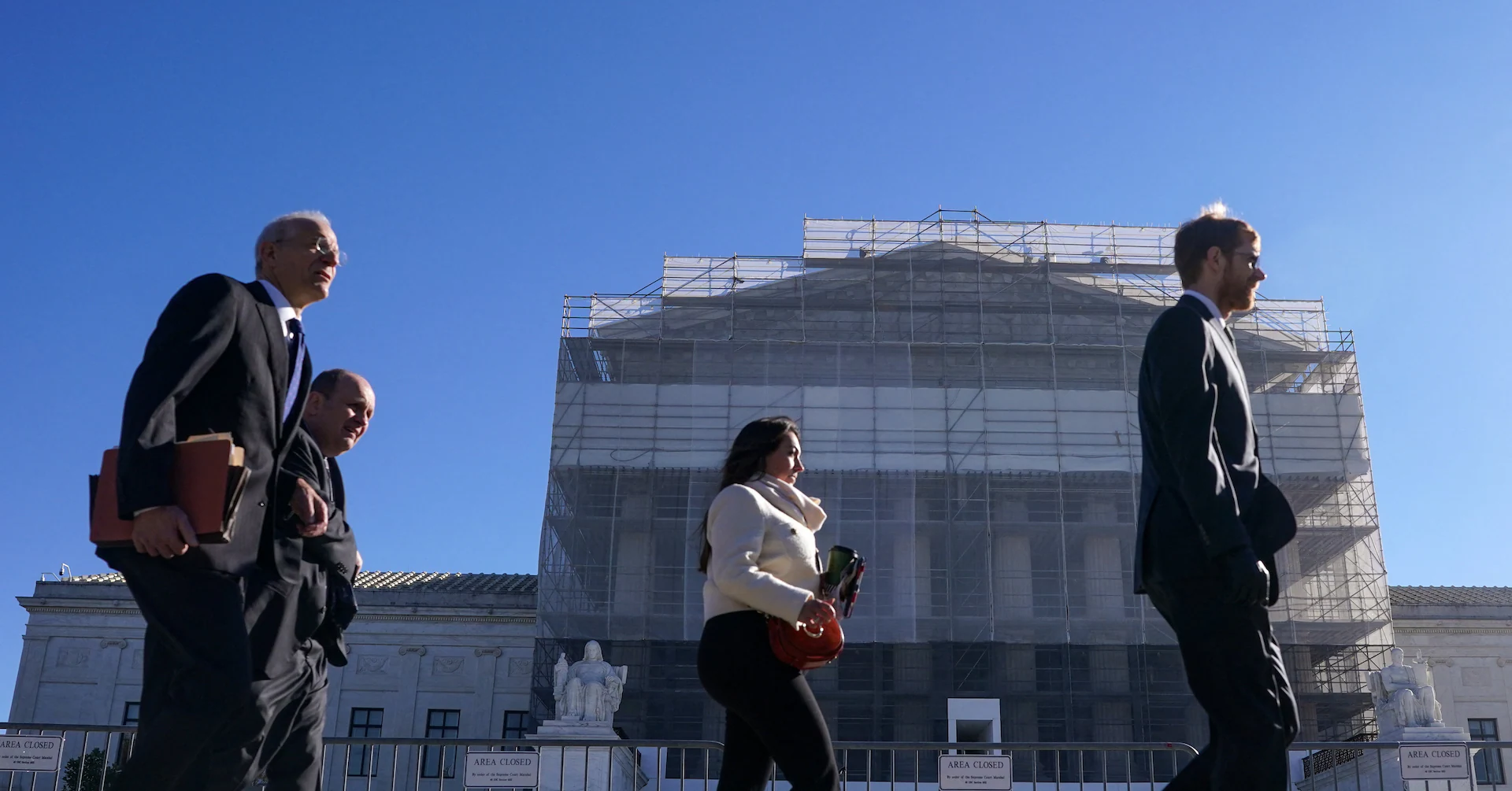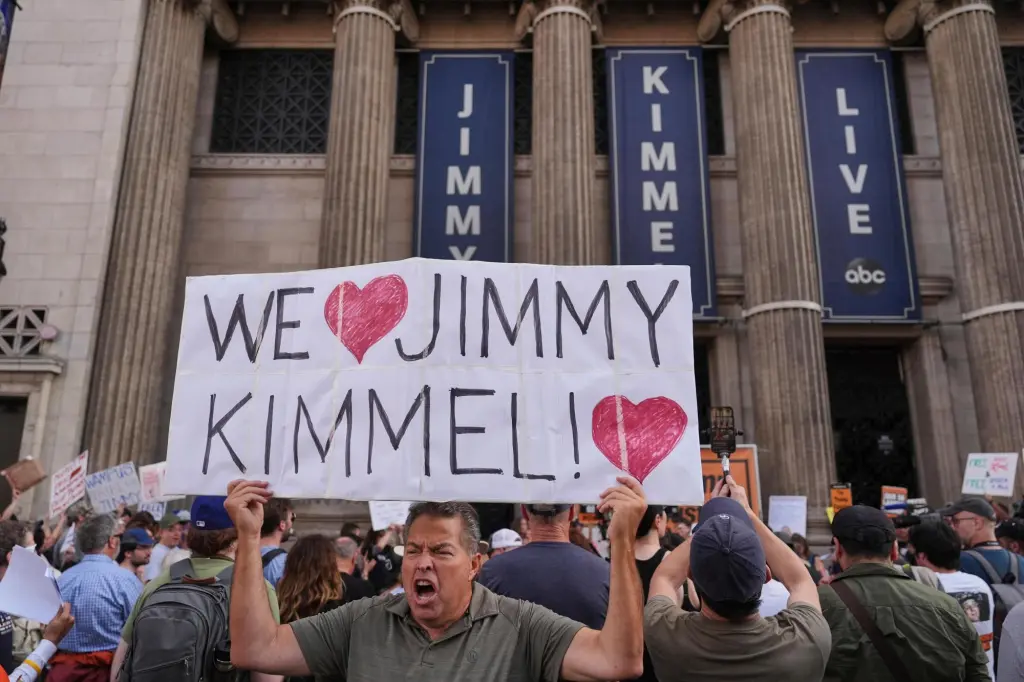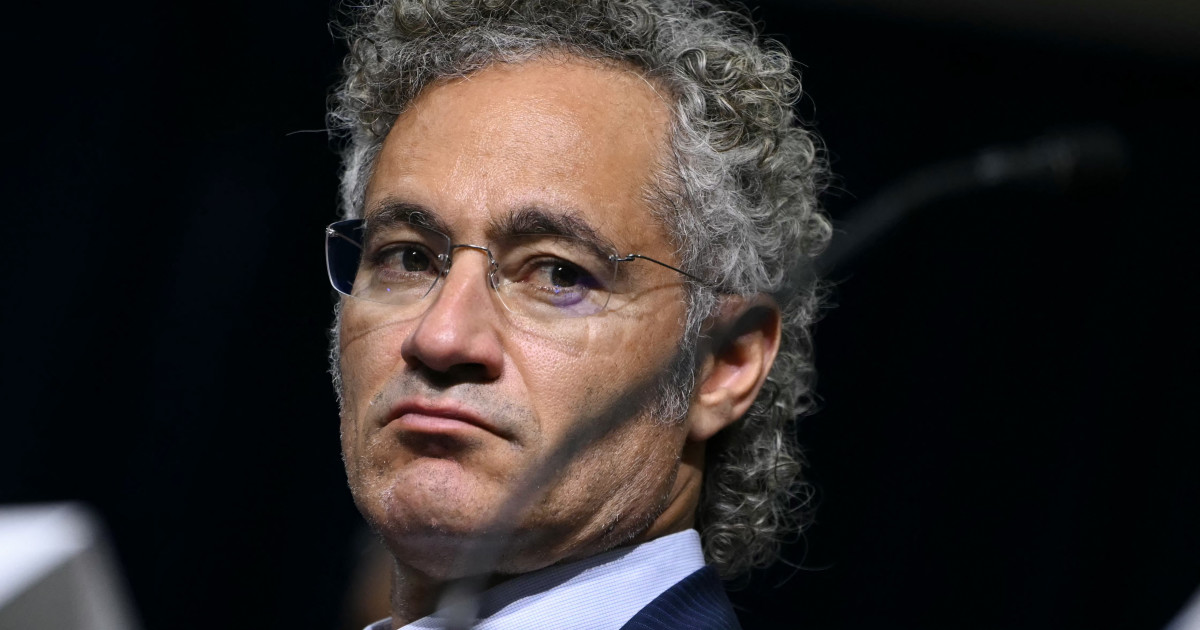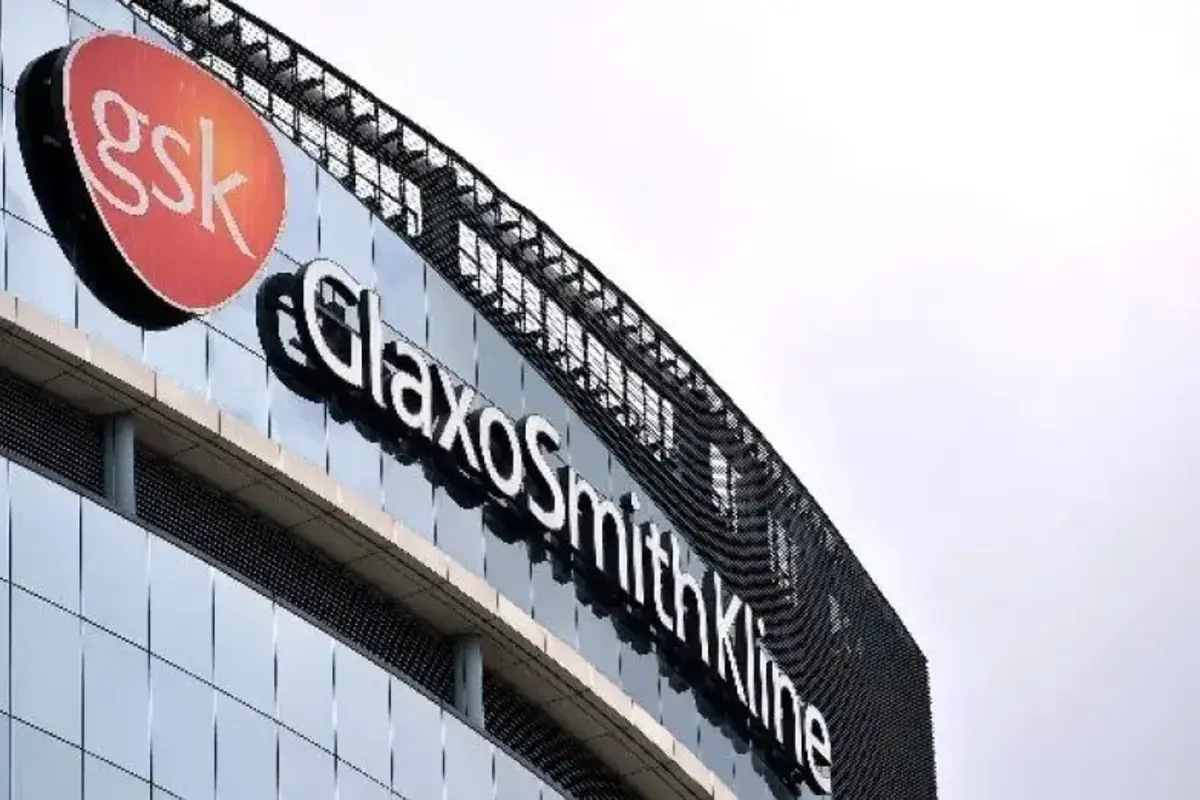Copyright Reuters

WASHINGTON, Nov 5 (Reuters) - The U.S. Supreme Court's chamber was buzzing on Wednesday, with Treasury Secretary Scott Bessent and Commerce Secretary Howard Lutnick joining hundreds of others to hear arguments over the legality of President Donald Trump's sweeping tariffs. The bustling scene inside the ornate chamber, with its marble columns and crimson drapes, was in marked contrast to much of official Washington during a federal government shutdown that began on October 1 after Congress was unable to pass funding legislation. Sign up here. It was a crisp autumn morning on Capitol Hill, with joggers, dog walkers, police officers and protesters dressed as characters from Margaret Atwood's dystopian feminist novel "The Handmaid's Tale" outnumbering government workers. The front of the Supreme Court building was under scaffolding for ongoing restorations. The lapse in funding from Congress forced the Supreme Court to close to the public on October 18, with the exception of oral arguments, which have proceeded as normal with seating provided to the public, lawyers who argue before the court and journalists. The court has said it will also continue with other essential work during the shutdown, including issuing orders and opinions in cases and processing case filings. Bessent and Lutnick, sitting in the courtroom, marked a rare instance of presidential cabinet officials attending Supreme Court arguments. Trump himself had said he considered attending before deciding against it. Bessent afterward told Fox Business Network's "Kudlow" program he came away from the arguments "very, very optimistic." Asked how the administration would return the large amounts of funds already collected from the tariffs if the Supreme Court rules against Trump, Bessent said, "We'll cross that bridge if we come to it, but I'm confident we won't have to." The case focused on the legality of Trump's imposing tariffs - taxes on imported goods - on U.S. trade partners under a 1977 law meant for use during national emergencies. Businesses affected by the tariffs and 12 U.S. states challenged the tariffs, and won in lower courts. Victor Schwartz, the founder of New York-based wine distributor V.O.S. Selections who was among the plaintiffs challenging Trump, said after the arguments that the tariffs have "thrown my family's business - and thousands of others - into chaos." "Let's be clear: these tariffs aren't paid by foreign governments or companies. It's American businesses like mine, and American consumers, that are footing the bill for the billions of dollars collected monthly by our government," Schwartz said in a statement. Trump imposed tariffs on goods imported from individual countries to address what he called a national emergency related to U.S. trade deficits, and added new tariffs in February on China, Canada and Mexico to curb the trafficking of fentanyl and illicit drugs into the United States. Democratic U.S. Senator Amy Klobuchar, who also attended the arguments, said afterward that she was cautiously optimistic that the court would deem the tariffs illegal, noting skeptical comments by some of the conservative justices. "They clearly understood that this was hitting the American people," Klobuchar told Reuters. The court has a 6-3 conservative majority. Conservative Chief Justice John Roberts told U.S. Solicitor General D. John Sauer, arguing for the administration, that the tariffs are "the imposition of taxes on Americans, and that has always been the core power of Congress." Sauer told the justices that the emergencies cited by Trump "are country-killing and not sustainable, that they threaten the bedrock of our national and economic security, and that fixing them will make America strong, financially viable and a respected country again." Reporting by Blake Brittain in Washington; Additional reporting by Andrew Chung; Editing by Will Dunham



